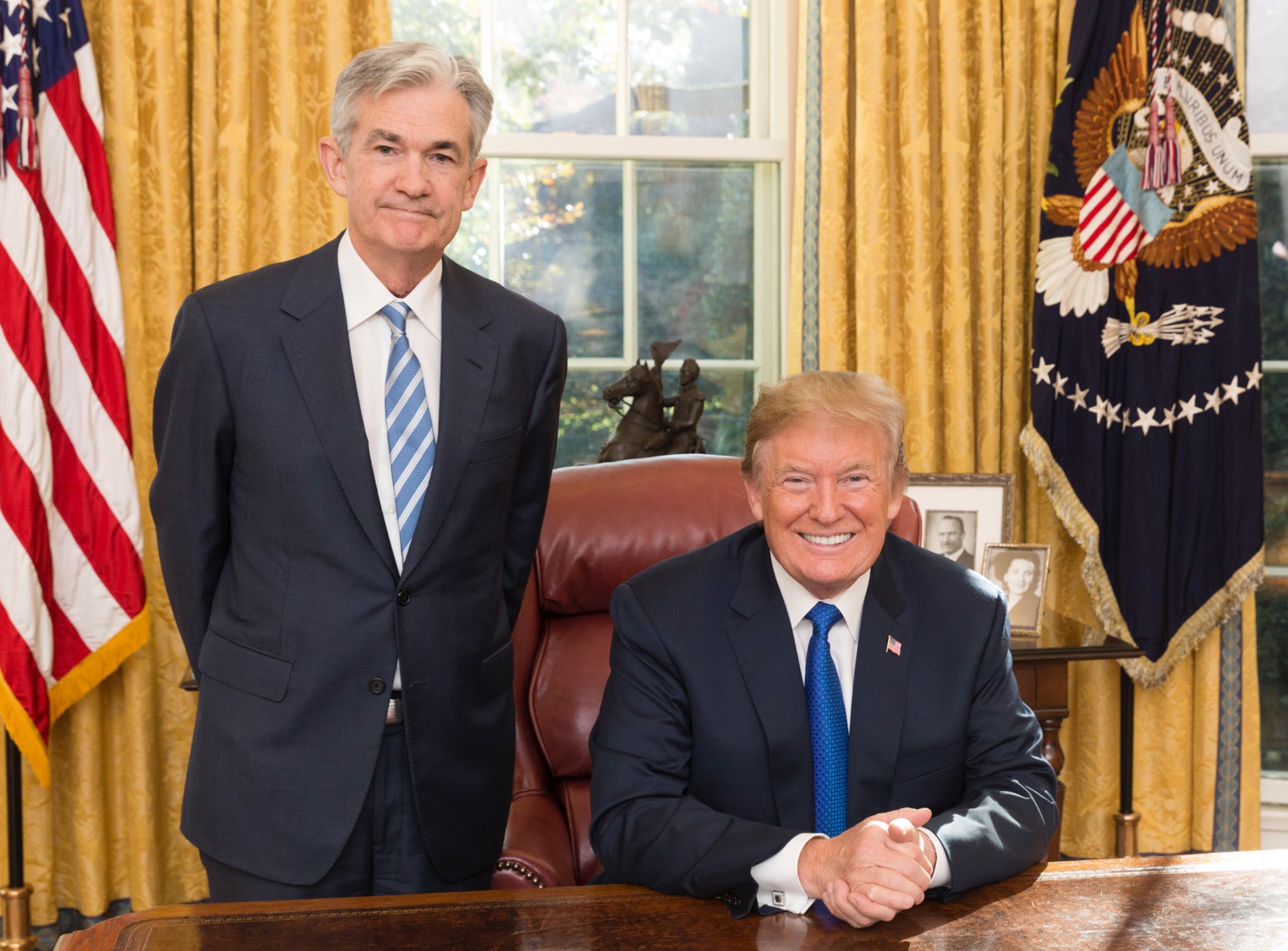The US economy is currently demonstrating a robust growth trajectory, encouraging Federal Reserve officials to potentially double their 2023 growth forecast in the upcoming monthly outlook. This comes after a sequence of encouraging reports detailing significant surges in consumer spending and residential investment, which have propelled economists to elevate their gross domestic product (GDP) predictions. An unofficial estimate by the Atlanta Fed even forecasts a 5.6% expansion in the third quarter, representing a noticeable rebound compared to previous, more cautious projections. Stephen Stanley of Santander Capital Markets US suggests a promising figure of around 3.7% growth in the third quarter, a figure that would indicate the most vigorous quarter since the recovery in 2021, contrasting strongly with China's dampened prospects amid a burgeoning property crisis.
Just a few months back, the prevalent anticipation among policy makers was a stagnation of economic growth in the current quarter. The present burgeoning economic vitality might induce the Fed to reconsider the projected interest rate cuts slated for 2024. Omair Sharif of Inflation Insights LLC foresees a potential upward adjustment in the GDP expansion projections to around 1.8% or 2% at the conclusion of the upcoming policy meeting in September, coupled with a possibly more optimistic outlook on the unemployment rate. Furthermore, the Fed might curtail the initially planned monetary easing for the coming year to 75 basis points of rate cuts instead of 100, a testament to the buoyant economic scenario unraveling presently.
Despite the surging optimism illustrated by the Atlanta Fed's tracker, which delineates a remarkable shift in sentiment over recent months, there remains a cautious approach from the central bank. The institution hints at maintaining the benchmark interest rate during the September meeting, following a substantial hike in July that pushed the rate to its peak in 22 years. As inflation shows signs of subsiding, the policymakers, according to Fed Governor Christopher Waller, have the leeway to navigate the situation with a composed strategy. Diane Swonk, chief economist at KPMG, anticipates a moderate economic slowdown, envisioning a "softish" landing as the most plausible outcome in the near term.
However, as we approach the end of the year, concerns of a slowdown loom, with persistent hurdles such as escalating gasoline prices, the recommencement of student loan repayments, and a potential government closure posing substantial threats. Bloomberg Economics highlights the probable fragility of the fourth quarter, anticipating weakened consumer spending due to various factors including a resurgence in loan delinquencies and a softer labor market. Moreover, the aftermath of significant rate increments and stringent credit conditions due to earlier bank failures are expected to manifest soon, potentially dampening business investments and consumer spending, as noted by Thomas Feltmate of TD Bank.




